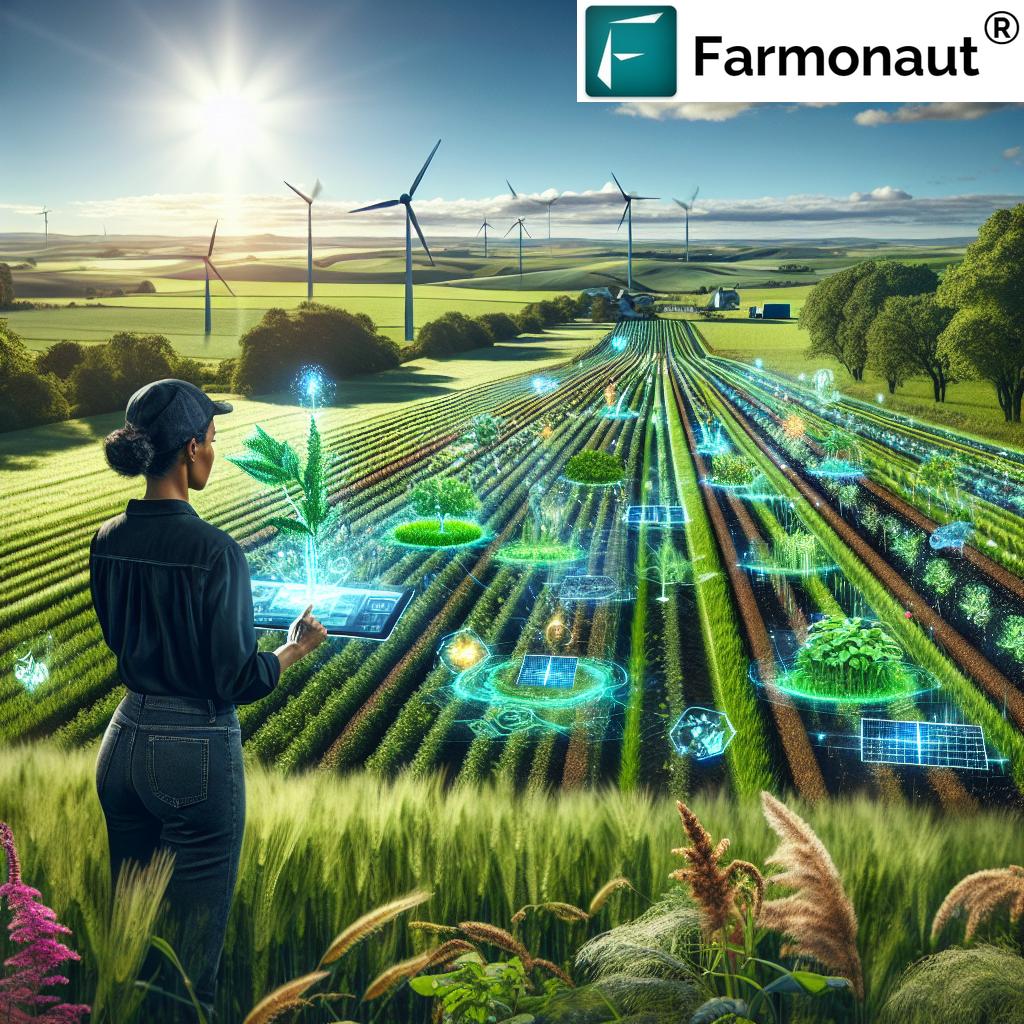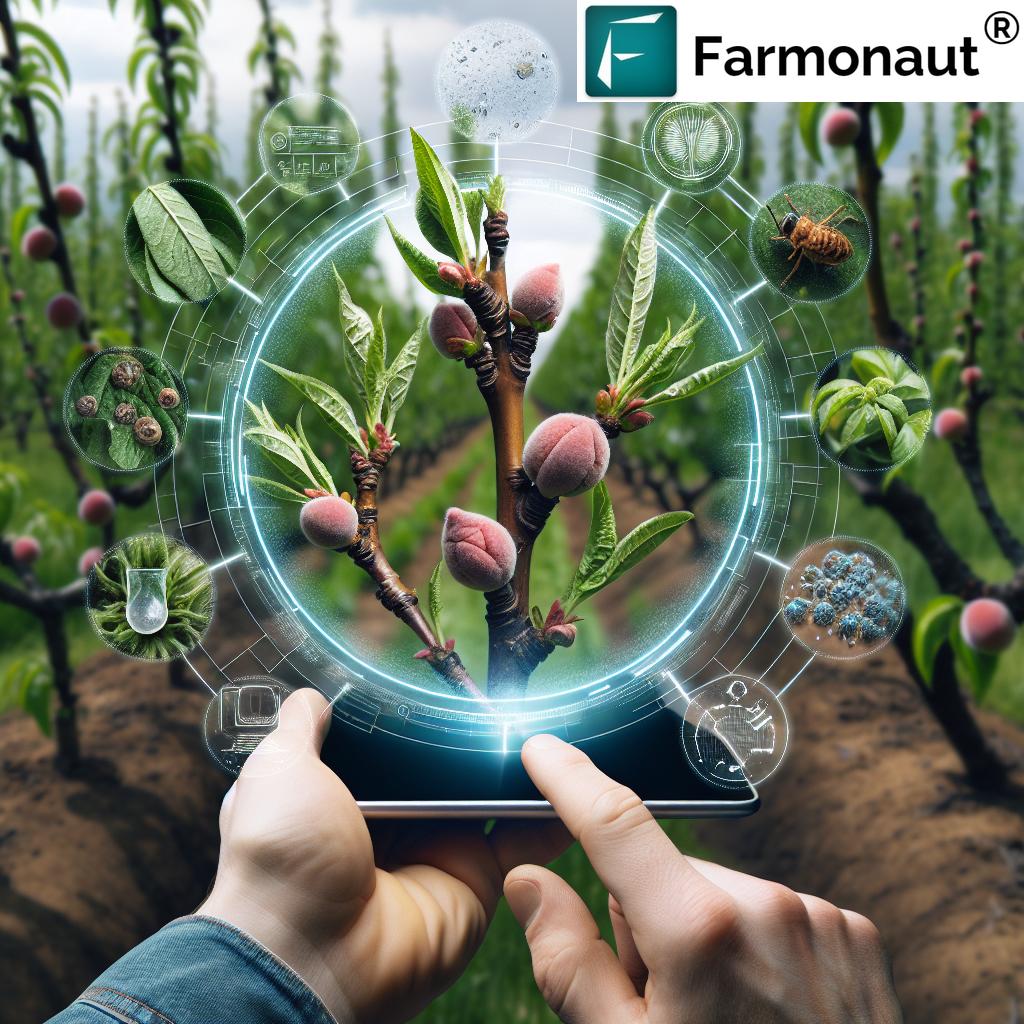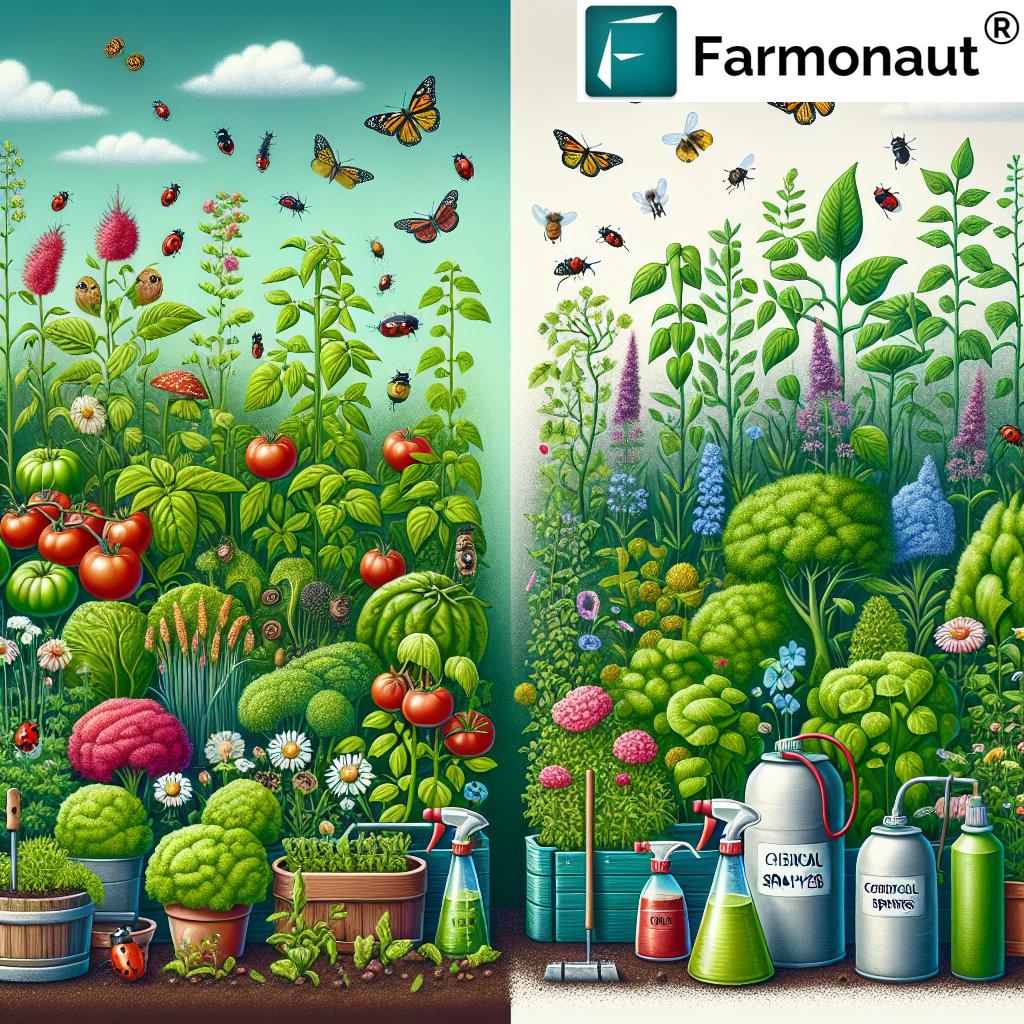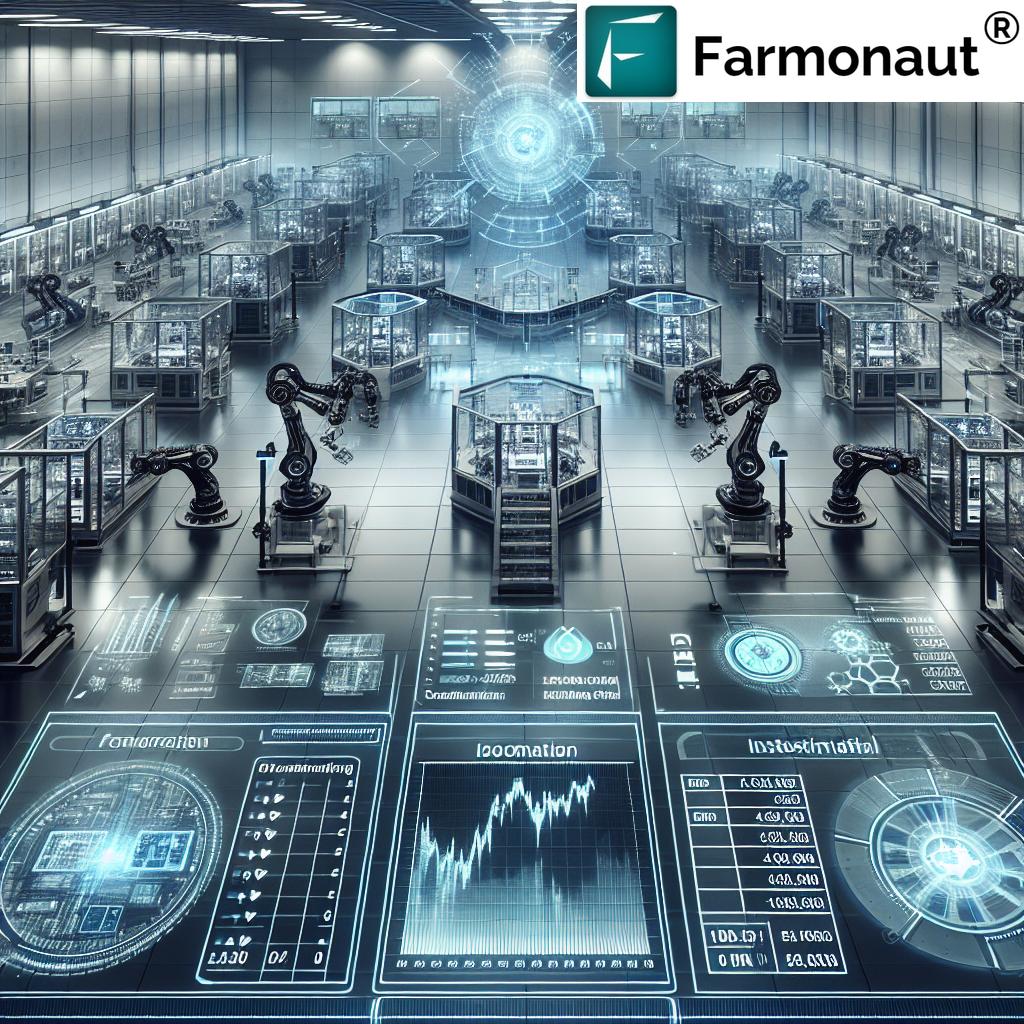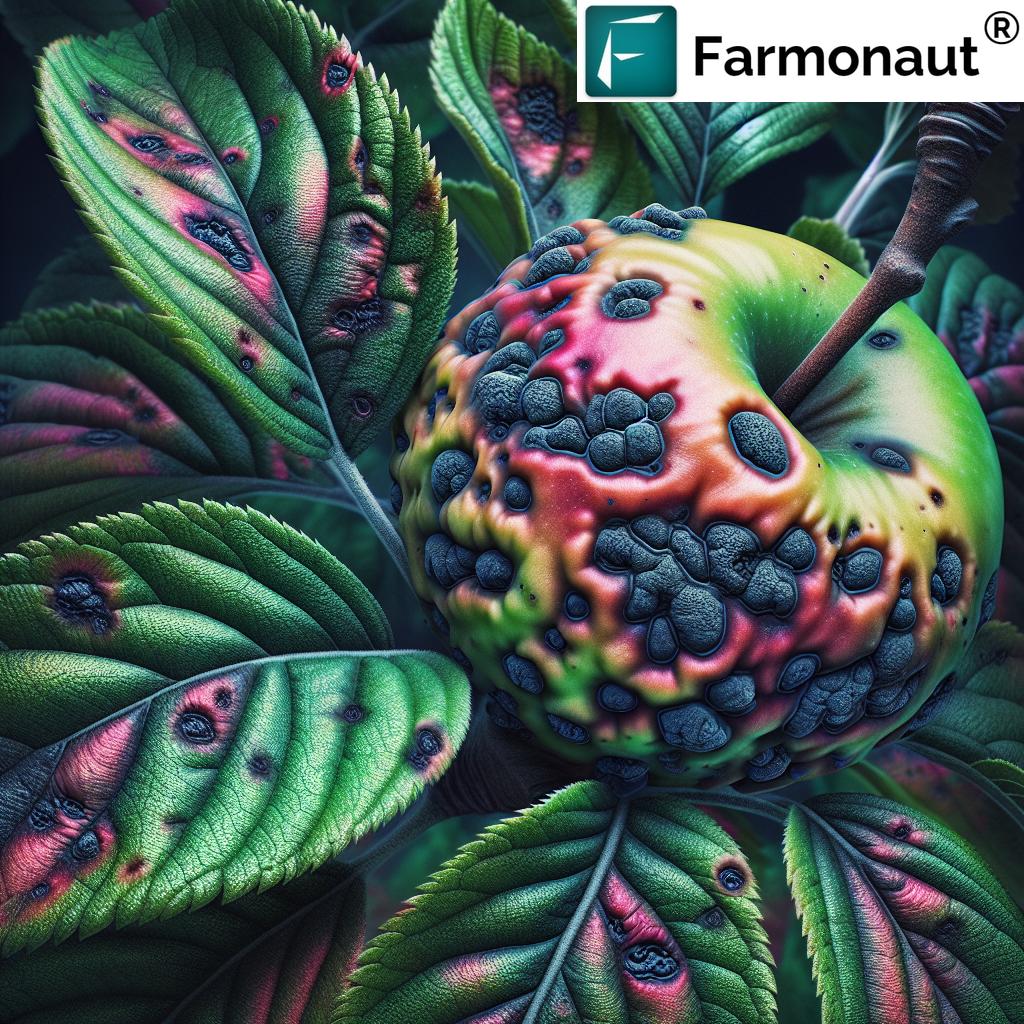AI Controlled Drone & Greenhouse for Sale: 2025 Ag
“AI-controlled drones can survey up to 2,000 acres daily, transforming agricultural monitoring speed in 2025.”
Table of Contents
- Introduction: The Future of Agriculture in 2025
- AI Controlled Drones in Agriculture
- Climate Controlled Greenhouse for Sale
- Controlled Environment Agriculture (CEA) Builder: Designing Next-Gen Farming Systems
- Synergizing Technologies for a Resilient and Sustainable Agricultural Future
- Key Technologies in 2025 Sustainable Agriculture (Comparison Table)
- Farmonaut: Integrating Advanced Agri-Tech for Global Sustainability
- Getting Started with Smart Agri-Tech Solutions
- FAQ: AI Drones, Climate Controlled Greenhouse, and CEA Builder in Agriculture
Introduction: The Future of Agriculture in 2025
The dawn of 2025 marks a transformative era for global agriculture. The challenges posed by population growth, climate change, and diminishing resources demand smarter, more sustainable, and highly efficient solutions. AI controlled drone systems, climate controlled greenhouses for sale, and the rise of controlled environment agriculture builder have redefined the way we approach crop production. These advanced technologies offer innovative approaches to farming, ensuring enhanced food security, higher yields, and lower environmental impact on a global scale.
At the heart of this revolution are drones embedded with artificial intelligence, sophisticated sensors, and machine learning algorithms, alongside climate controlled greenhouse systems, and CEA builders creating resilient agricultural infrastructures. By leveraging precision agriculture tools, advanced data analytics, and turnkey automation, modern agriculture is being revolutionized — reshaping the future of how we cultivate crops, manage natural resources, and address food challenges.
Key Takeaways:
- AI-controlled drones offer real-time monitoring of crop health and resource conditions, enabling precision interventions.
- Climate controlled greenhouses for sale empower year-round, high-output growing regardless of external climate conditions.
- CEA builders integrate AI, IoT, and data-driven feedback into sustainable farming systems, reducing water and energy use while maximizing output.
AI Controlled Drones in Agriculture: Revolutionizing Crop Intelligence and Management
The integration of AI controlled drone systems into mainstream agriculture is causing a paradigm shift built on data, precision, and automation. These advanced drones are equipped with sensors, cameras, and machine learning algorithms that make them far more than simple flying devices. In 2025, these drones have become indispensable tools for farmers worldwide, addressing a broad spectrum of agricultural needs — from soil and crop health monitoring to targeted chemical application and resource optimization.
Core Capabilities and Innovations of AI Controlled Drone Systems
- High-Frequency Data Collection: Drones rapidly survey vast acres with high accuracy — up to 2,000 acres daily. This outperforms traditional manual scouting, offering timely, actionable data.
- Advanced Sensor Technology: Sophisticated sensors measure variables such as NDVI (Normalized Difference Vegetation Index), soil moisture, nutrient deficiencies, and identify pest infestations.
- AI-Driven Pattern Recognition: Machine learning algorithms detect subtle changes in crop color, texture, and canopy structure — often invisible to the human eye.
- Precision Application: Drones autonomously perform targeted pesticide and fertilizer application with pinpoint accuracy, significantly reducing chemical use and minimizing environmental impact.
- Proactive Crop Health Management: Early detection of plant diseases and infestations enables quick containment strategies, reducing crop losses and boosting yields.
- Environmental Monitoring: Drones monitor microclimates, map fields in ultra-high resolution, and support advanced precision agriculture strategies for water conserving— optimizing nutrient delivery and resource allocation.
Unlike human labor which is limited by time and perspective, AI controlled drone systems facilitate the early detection of crop diseases, soil anomalies, and evolving environmental issues by scanning crops from multiple angles, and correlating large volumes of data.
- They enable proactive responses to plant health shifts, often before visible symptoms appear.
- They support management of water and nutrients, ensuring resources are not wasted and crop yields are maximized.
- The integrated use of AI drones reduces the dependency on blanket chemical application, therefore minimizing impact on surrounding environments.
For a deeper dive into how AI, satellites, and advanced agri-tech are reshaping agriculture, explore our comprehensive web and mobile platform where AI meets farming:
We also provide flexible API solutions and API developer documentation so you can seamlessly integrate real-time crop monitoring, ai advisory, and agricultural data into your own platforms.
Climate Controlled Greenhouse for Sale: The Future of High-Yield Farming
Climate controlled greenhouses sit at the forefront of resilient and sustainable farming, enabling year-round crop production regardless of external climate variations. By manipulating environmental variables — such as temperature, humidity, CO₂ levels, light intensity, and ventilation — these structures create and maintain optimal conditions for crops.
“Climate-controlled greenhouses increased vegetable production by 30% globally between 2020 and 2025 using CEA technology.”
If you are exploring a climate controlled greenhouse for sale in 2025, today’s market offers not just standalone structures but also turnkey solutions that integrate seamlessly with AI-driven systems and sensors for real-time automation and monitoring.
Key Features of Modern Climate Controlled Greenhouses
- Fully automated climate regulation, with AI-driven control for precise temperature, humidity, CO₂ enrichment, and ventilation.
- Optimized irrigation and nutrient delivery systems responding dynamically to plant needs.
- Sophisticated sensor technology that monitors all relevant metrics — ensuring growing conditions are always optimal and resource use is minimized.
- High-resolution LED lighting systems that simulate day/night cycles and provide tailored light intensity for various crops.
- Advanced CO₂ management systems for maximizing crop yields and quality.
- Integration with SaaS and mobile platforms for remote control and monitoring.
With a climate controlled greenhouse for sale in 2025, it is possible to cultivate high-value crops and climate-sensitive varieties in non-arable or contaminated regions — drastically expanding agriculture’s frontiers and contributing positively to food security.
The use of sensor technology and AI-enabled control systems has greatly enhanced precision in resource management, reducing waste, and improving energy efficiency. When considering a greenhouse for sale, prioritize solutions offering integrated, smart agri-tech with robust data feedback for continuous optimization.
- Accelerate crop growth cycles and turnover.
- Enhance nutrient uptake through digitally managed irrigation and feritgation.
- Reduce water usage by up to 70% compared to open-field farming.
- Decrease chemical inputs by targeting interventions based on AI-driven data analytics.
Controlled Environment Agriculture (CEA) Builder: Designing the Next-Generation Farming Systems
The controlled environment agriculture builder is central to creating sophisticated farming systems in 2025 and beyond. These builders engineer and deploy CEA solutions by designing highly optimized, automated environments to precisely manage every aspect of crop growth.
Core Facilities and Modules Provided by CEA Builders
- Turnkey Solutions: Modular vertical farms, hydroponic and aquaponic systems, and advanced greenhouses tailored to both urban and rural contexts.
- Smart Integration: Use of IoT devices, advanced sensors, and AI for real-time monitoring and control of environmental variables, nutrient, and resource delivery.
- Renewable Energy Sources: Integrating solar panels, waste heat recovery, and energy storage for maximum energy efficiency.
- Closed-Loop Water and Nutrient Management: Minimizing waste and environmental footprint via recycling systems.
- Urban-Focused Solutions: Enabling urban and peri-urban agriculture by providing flexible, modular, and quickly-deployable systems.
- Data Analytics and Blockchain: Ensuring traceability and food safety through data-driven record-keeping and supply chain transparency.
- See more on product traceability for agriculture — leveraging blockchain for food supply chain transparency.
By embracing closed-loop practices and integrating AI-based environmental control, these CEA systems can reduce water and energy consumption substantially. The builder’s role is to create connected, adaptive, and fully optimized farming infrastructures for consistent, repeatable, and sustainable food production.
-
Crop Loan & Insurance:
For modern agribusinesses — from individual farmers to agri-enterprises — ensuring secure financing and insurance using data-centric validation is a game-changer. Discover how satellite-based crop loan and insurance systems are helping to mitigate risks and enable sustainable agriculture.
Why Work With a Controlled Environment Agriculture Builder in 2025?
- High system automation: Reduce manual labor and increase reliability.
- Tailored solution design: Modular approaches allow scalability and adaptation to specific crops and local constraints.
- Environmental resilience: CEA structures mitigate the unpredictability of weather and climate.
- Integration with digital platforms: Easily connect CEA systems to farm management, traceability, and resource monitoring tools for a complete smart farm ecosystem.
Synergizing Technologies: AI Controlled Drones, Greenhouses, and CEA Builders for Resilient Agriculture
The integration of AI controlled drone technology, climate controlled greenhouse for sale solutions, and skilled controlled environment agriculture builder teams represents a pivotal change in 2025 farming. These innovations are not isolated silos, but complementary elements in a dynamic smart agriculture ecosystem.
How Does This Synergy Reshape Food Production?
- Drones provide actionable data: Used to adjust greenhouse conditions proactively (temperature, humidity, light, nutrient levels).
- Smart greenhouses offer controlled platforms: For crop growth, maximizing resource use and minimizing environmental impact.
- CEA builders design cohesive infrastructures: Ensuring these technologies work harmoniously together for site-specific crop and resource needs.
- Advanced platforms monitor environmental footprint: Use carbon footprinting solutions to monitor emissions and adopt sustainable practices in daily operations.
The smart integration of these advanced technologies supports food security efforts, reduces vulnerability to climate change, and curtails dependency on traditional resource-intensive practices. As a result, global agriculture is becoming more data-driven, adaptive, energy efficient, and responsive to environmental pressures.
Key Technologies in 2025 Sustainable Agriculture
Compare the impact and specifications of the three foundational smart agriculture solutions leading the global revolution:
Farmonaut: Integrating Advanced Agri-Tech for Global Sustainability
At Farmonaut, we are committed to empowering farmers, agribusinesses, and government stakeholders with cutting-edge technology for data-driven, sustainable agricultural management. Our platform provides satellite-based crop monitoring, AI advisory, blockchain traceability, and advanced resource management tools — all accessible via web, Android, and iOS applications, as well as API solutions for seamless integration.
-
Real-time Environmental Monitoring:
Our systems analyze satellite imagery for soil health, crop conditions, and early signs of climate stress, enabling stakeholders to respond proactively to changing conditions. -
Resource Optimization:
Data from AI controlled drone and greenhouse platforms is enhanced by Farmonaut’s multispectral satellite insights — ensuring precision irrigation, nutrient delivery, and resource management. -
Blockchain Traceability for Transparent Food Supply Chains:
Our traceability solutions bolster food safety and authenticity — from field to table. -
Fleet Management and Large-Scale Farm Oversight:
Our fleet management tool helps optimize the efficiency of tractors and machinery, while our large scale farm management software is tailored for enterprises and agri-corporates seeking data-driven monitoring on expansive farms. -
Sustainability & Environmental Stewardship:
Our carbon footprint tracking enables sustainable practices and compliance with local/global standards.
With affordable, scalable solutions, Farmonaut makes advanced crop monitoring, AI advisory, and transparent supply chain management accessible to all — serving global agriculture needs as we progress through 2025 and into the future.
Getting Started with Smart Agri-Tech Solutions (2025 & Beyond)
If you’re looking to elevate your agriculture operations, increase output, and embrace sustainable practices, now is the time to adopt AI controlled drone monitoring, invest in a climate controlled greenhouse for sale, or partner with a controlled environment agriculture builder. You can access these innovations directly, or integrate powerful satellite-driven insights from Farmonaut for seamless management, sustainability, and food security assurance.
-
Optimize crop production: Monitor and manage crop health, soil, irrigation, and field interventions using precision insights.
Explore Farmonaut’s platform for real-time crop, weather, and resource intelligence. - Leverage data & automation: Integrate AI drone-mapped data, greenhouse environmental control, and traceability systems to minimize inputs and maximize quality.
- Decentralize food systems: Deploy CEA facilities in cities and remote environments for year-round production and reduced logistics costs.
- Mitigate risk and manage finances: Use satellite-based crop loan & insurance verification for peace of mind in weather-volatile regions.
FAQ: AI Controlled Drone, Climate Controlled Greenhouse, CEA Builder in 2025 Agriculture
What is an AI controlled drone and how does it change agriculture?
An AI controlled drone uses advanced sensors, cameras, and machine learning to autonomously survey farm fields, monitor crop health, detect pests, and enable precision interventions like targeted pesticide or fertilizer application. This greatly reduces labor costs, optimizes chemical use, and enhances yields by enabling proactive agricultural management.
What are the main benefits of a climate controlled greenhouse for sale in 2025?
A climate controlled greenhouse for sale in 2025 offers year-round, high-efficiency production by automating temperature, humidity, CO₂, and light conditions for crops. These systems result in up to 45% higher yields, significant water and energy savings, and enable farming of high-value or sensitive crops in non-traditional environments.
Who are controlled environment agriculture builders and why are they important?
Controlled environment agriculture builders specialize in designing, constructing, and maintaining advanced CEA facilities such as vertical farms, hydroponics, and modular greenhouses. They integrate AI and IoT technologies for optimized crop production, energy efficiency, water recycling, and adaptation to urban or resource-constrained areas.
How do these technologies help address food security and sustainability in 2025?
The synergy of AI controlled drone, climate controlled greenhouses, and CEA builders creates a resilient and sustainable food production system. These innovations optimize resource use, reduce dependency on unpredictable weather, minimize environmental impact, and deliver consistent, high-quality crops, thus supporting global food security.
How can I access Farmonaut’s agri-tech solutions?
Our advanced solutions are available via web and mobile apps or via API integration for enterprise and developer use. Visit our platform to get started with real-time satellite-based monitoring, AI insights, and blockchain-enabled traceability for agriculture, mining, and infrastructure sectors.
Can Farmonaut help with sustainable agriculture certifications?
Yes. Our solution assists clients in carbon footprint tracking and blockchain-based traceability, supporting compliance, reporting, and certification for sustainable practices in agriculture and related industries.








